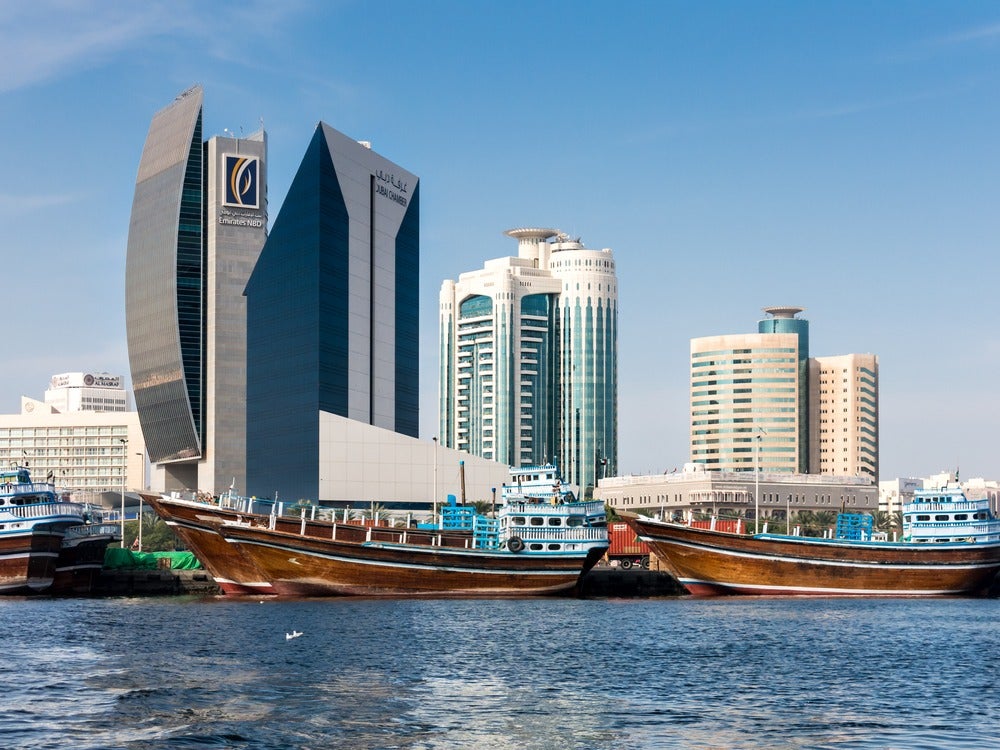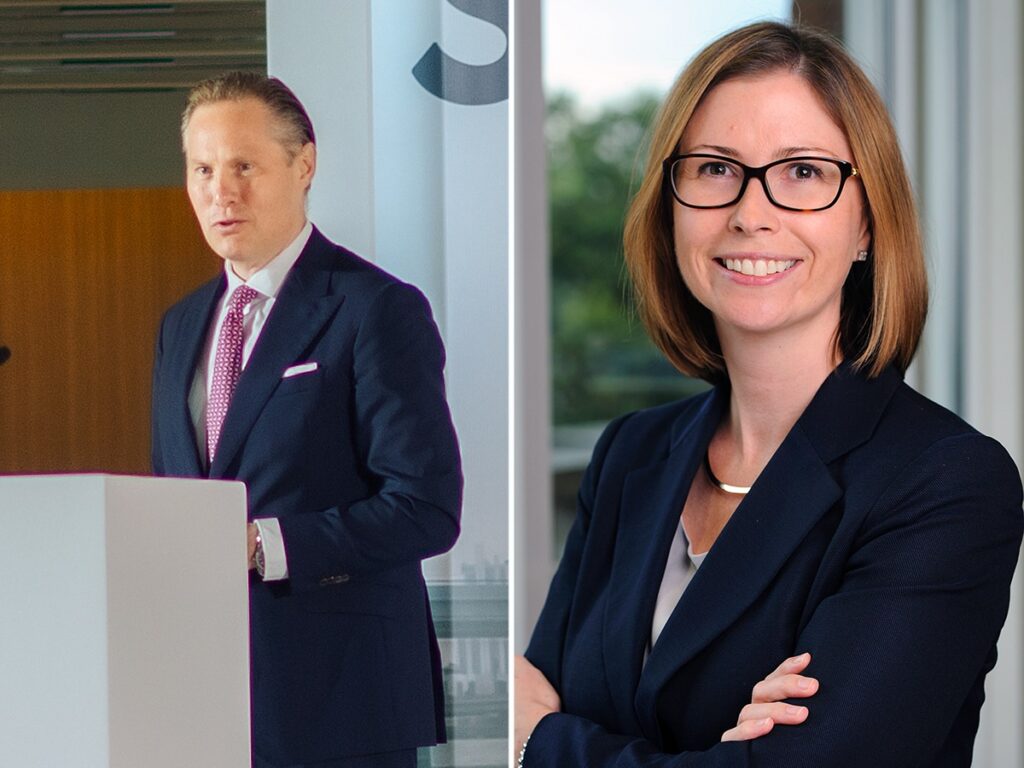
As HSBC’s private bank becomes the latest to branch into the UAE, leading wealth managers explain the Gulf Tiger’s allure to Will Wainewright, founder of Alternative Fund Insight
The wealth industry is thriving in the United Arab Emirates and private banks have taken note.
HSBC’s recent expansion of its private banking arm into the UAE comes on the heels of similar moves by rival wealth managers in a rush sparked by rapidly growing regional wealth.
A high oil price has boosted domestic business and family office riches, while turbulence in other wealth hubs is attracting talent and investors to the region at a rapid rate.
A record 4,000 millionaires are expected to relocate to the country this year – up from 1,300 in 2019, according to the latest Henley Global Citizens Report.
Switzerland-based Neue Privat Bank expanded into UAE late last year.
Its deputy CEO Peter Albinsson believes the region’s growing riches are ‘attracting wealth’ thanks to low taxes, a strong financial sector and rapid economic growth.
‘It has become, by a wide margin, the leading regional cross-border booking centre’.

Major players JP Morgan and Goldman Sachs have both beefed up private wealth coverage in the Middle East this year with a round of senior hires.
Goldman last year laid out its intention to double the size of its wealth business in the Middle East by client assets and staff headcount.
Tara Smyth, who leads JP Morgan Private Bank in the Middle East, North Africa and Turkey says there has been an increase in families relocating to the region.
‘Just look at the incentives being provided locally to attract talent, investment and money to Dubai, and the UAE more broadly,’ she says. ‘They are significant.’
What are UAE clients investing in?
Earlier this year, Lombard Odier’s survey of 300 high-net-worth investors in the Middle East found that two-thirds of respondents placed importance on observing Islamic investment principles.
This reflects long-term trends. ‘Shariah-compliant investments have always been at the centre of investment needs,’ says Albinsson.
But investor preference crosses over with newer trends in asset management: a heavy majority, 85 per cent, intend to increase their exposure to ESG or sustainable investments.

Volatility has been a defining feature of markets in 2022 and there has been pain in both stock and bond markets.
‘The change in market conditions this year means it is more important than ever to be clear about long-term goals and having a clear plan in place to achieve them,’ adds Smyth.
She says the bank is helping clients with their asset allocation, to achieve goals over different time horizons.
‘Through the pandemic and then during this year’s volatility, we’ve noticed clients taking a step back and trying to build a proper strategy rather than making ad hoc investments,’ she says.
Expanding UAE clients’ investment universe
Against the volatile market background, investors face a challenge to balance liquidity and returns.
‘Clients in the Middle East have historically had a large allocation to illiquid assets, such as local property,’ says Albinsson. ‘As a result, a focus has been to diversify this exposure both from a geographic and liquidity perspective.
‘The desire for income and having a fixed time horizon has also been an important consideration and is why clients tend to feel attracted to fixed income. In recent times, however, with yields having been low, investors have been encouraged to broaden their investment universe.’
Alternative strategies in hedge funds and private markets are proving more popular.
‘Private wealth clients are absolutely looking more at alternatives now,’ says Smyth. ‘And I think if you have access to great managers within the alternatives space, it’s a true differentiator.’
It is not just hedge funds and private equity: private credit, infrastructure and transport are among the areas being discussed by clients, she adds.

This has coincided with a rise in hedge funds and other alternative managers moving to Dubai.
Leading hedge funds Millennium and ExodusPoint are among the firms to have increased their presence in the region, which offers a good time zone for trading Asian and European assets.
Low taxes, hot weather and the social scene have persuaded increasing numbers of traders to relocate. London-based systematic manager Florin Court opened an Abu Dhabi office last year, setting up a trading, research and operations hub.
Many of these hedge fund managers will end up being wealth management clients for the global firms operating there. But just because a fund moves to Dubai doesn’t mean JP Morgan, for instance, will automatically add it to its platform.
‘We have a very in-depth due diligence process in place before onboarding new managers to our platform. It can potentially take two to three years,’ says Smyth.

Despite the benefits, there are costs to those settling in the region. Dubai had a 44 per cent increase in luxury residential prices last year, higher than any other global hub tracked by Knight Frank.
Some financiers cannot cope with the permanently hot weather, while those not suited to expat life can find it a long way from home.
But as the war in Ukraine continues, geopolitical risk rises in Asia and Western democracies experience political turbulence and weak growth, the trend is not going away.
Gina Le Prevost, chief executive of Swiss recruitment firm AP Executive, says the UAE recruitment drive ‘is still in full swing’ and continues to be a popular choice for job seekers.
‘Dubai and Abu Dhabi offer a full range of wealth management jobs in funds, trust, asset management, banking and private office roles to name a few.
‘With the added benefit of these UAE hubs being a personal tax-free zone, it is a very attractive proposition to enhance your career in this region.’
More from Spear’s
How to invest strategically in today’s market chaos
The most expensive private schools in Europe






